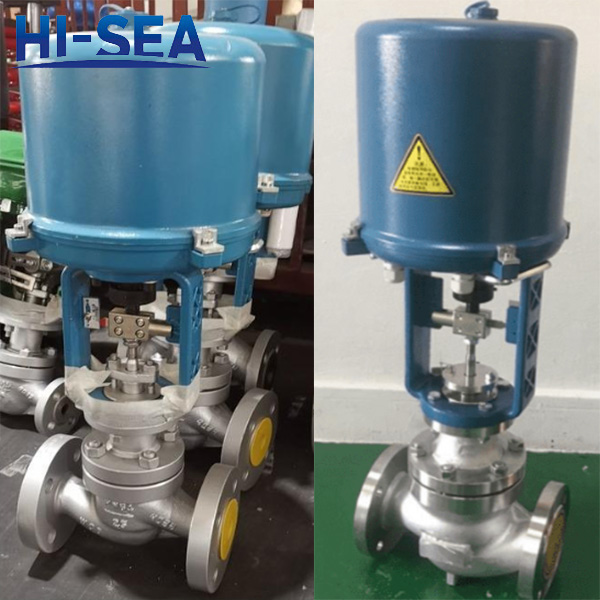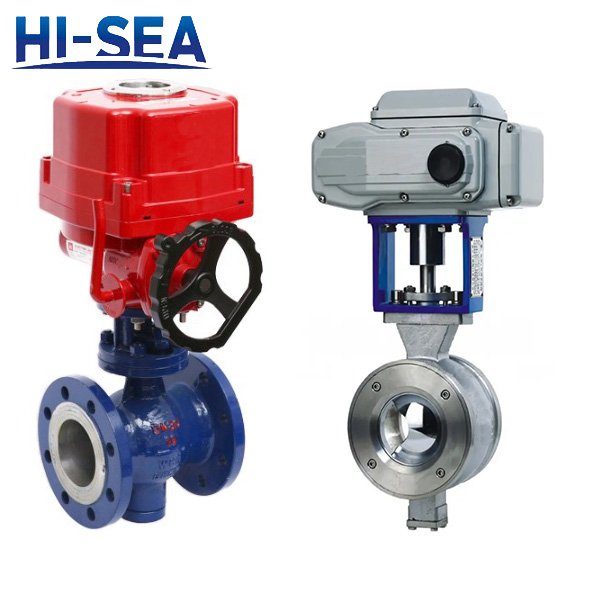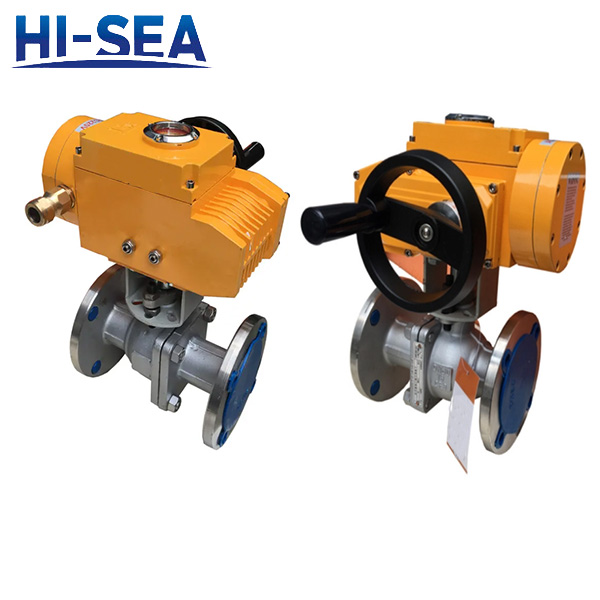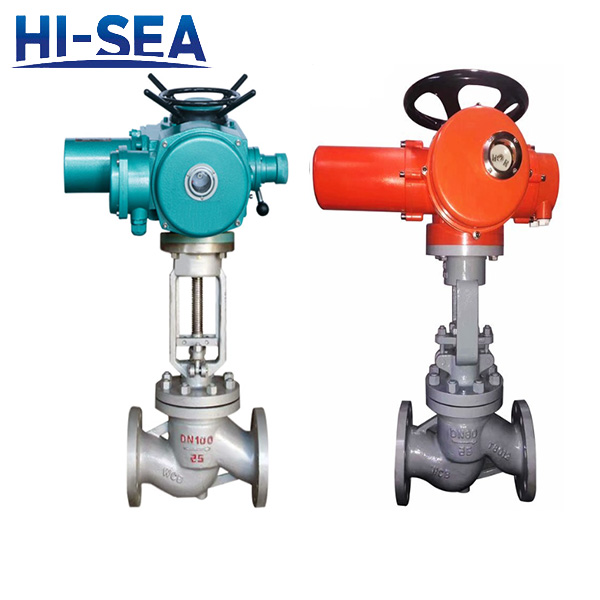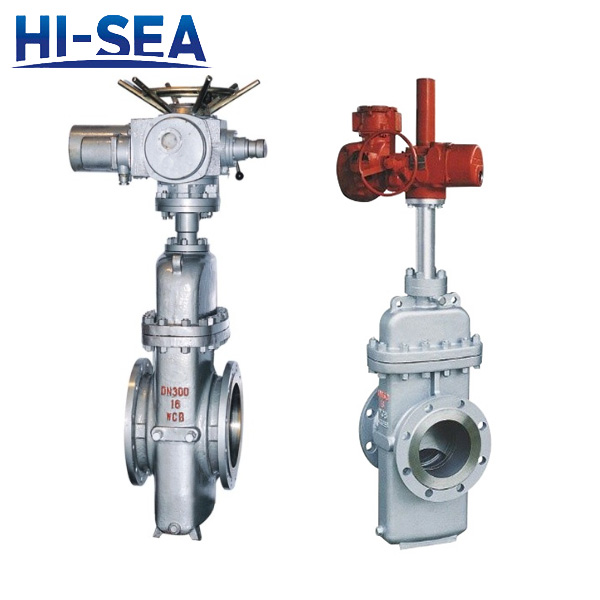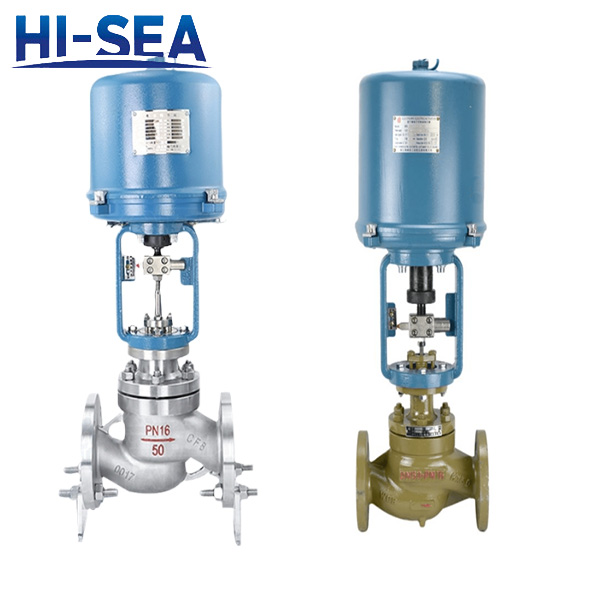
Electric Control Valve
Introduction:
Electric control valve is an important execution unit instrument in industrial automation process control. As the degree of automation in the industrial field is getting higher and higher, it is being used more and more in various industrial production fields. Compared with traditional pneumatic control valves, it has obvious advantages: electric control valves are energy-saving, environmentally friendly, and quick and easy to install.
Valves are divided into three types: linear characteristics, equal percentage characteristics and parabolic characteristics according to the power used by the actuators they are equipped with, and according to their functions and characteristics.
Purpose and Function:
It is used to adjust process parameters such as medium flow, pressure, temperature and liquid level in the field of industrial automation process control.
Scope of Application:
Automatic control of civil systems such as air conditioning, heating, ventilation, and domestic hot water, as well as production processes in various industries such as chemical industry, petroleum metallurgy, and electric power light industry.
Main Parameters:
| Material of Motor |
Alloy Steel |
| Motor processing |
Hard oxidation |
| Rated stroke |
16-60mm |
| Rated voltage |
220V/380V |
| Input signal |
4-30mA |
| Applicable temperature |
-20~250℃ |
| Applicable medium |
Steam, Oil |
Product Showing:
